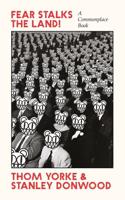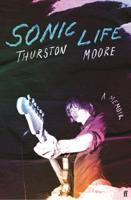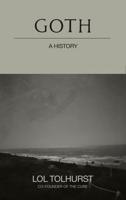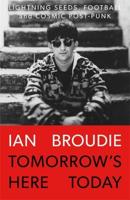Publisher's Synopsis
Even as Georg Philipp Telemann's significance within eighteenth-century musical culture has become more widely appreciated in recent years, the English-language literature on his life and music has remained limited. This volume, bringing together sixteen essays by leading scholars from the USA, Germany, and Japan, helps to redress this imbalance as it signals a more international engagement with Telemann's legacy. The composer appears here not only as an important early Enlightenment figure, but also as a postmodern one. Chapters on his sacred music address the works' sensitivity to Lutheran and physico-theology, contrasting of historical and modern consciousness, and embodiment of an emerging opus concept. His secular compositions and writings are brought into rich dialogue with French musical and aesthetic currents. Also considered are Telemann's relationships with contemporaries such as Johann Sebastian Bach, the urban and courtly contexts for his music, and his influential position as 'general Kapellmeister' of protestant Germany.











